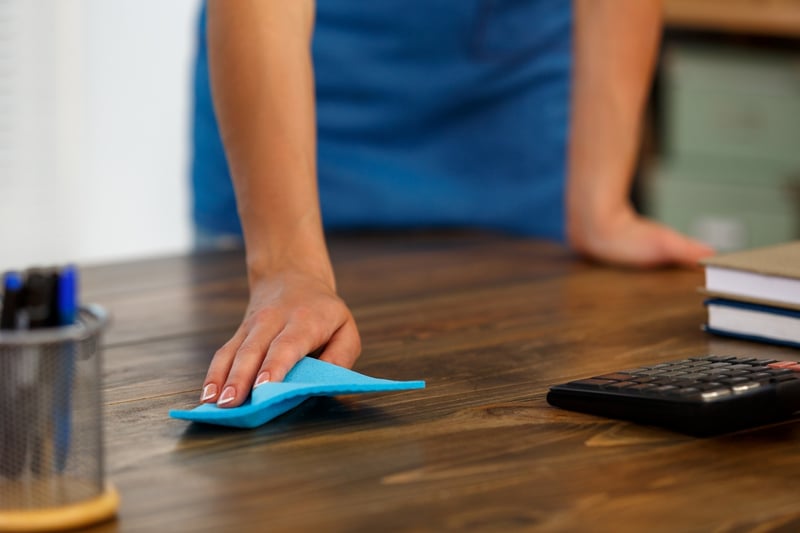
We all know the feeling, someone comes into work with a cough or sneezes and the next thing you know half of the workplace has a cold. Workplaces can be a breeding ground for germs, sometimes making it difficult to avoid illness and with the rise of viruses like COVID-19 as well as flu season fast approaching, it’s now more important than ever that workplaces follow effective hygiene practices.
The good news is that you can take steps to minimise the risk of germs spreading in your workplace, to keep your team healthy and happy. Many workplaces have a regular cleaning roster which involves employing a professional cleaner. While this is very useful at keeping common areas clean and dirt-free, there are other things that can be done by you and your team every day to help. Implementing proper hygiene practices into everyday work life can reduce the outbreak of germs, thereby resulting in less sick days and the reduction of illness spreading to you and your colleagues.So what can you use in your workplace to get your team on board with more hygienic practices? We've outlined some best practices that can be easily followed in the workplace – whether that be in the office or at home. Find out more in the list below.
1. Hand sanitisers
This is probably one of the easiest ways to encourage good hand hygiene in your workplace! Keep bottles of hand sanitiser in convenient locations like desks, lockers or lunch rooms for applications during the day. Most sanitisers will kill up to 99.9% of germs so they’re especially handy for those of you that may have popped out of the office for lunch, and want to give your hands a quick sanitise before your next meeting!
2. Microfibre cloths
Keep these handy for dusting and regular clean up. Microfibre cloths are effective at picking up more dust and bacteria than other wipes, keeping your workplace squeaky clean. They can also be easily washed – just pop them in the washing machine and they’re easily reused. A great sustainable option.
3. Multi-purpose cleaner
No workplace should be without a basic multi-purpose cleaner. Keep it on hand to give desks, work benches, kitchens and bathrooms a quick wipe over each day. Not only will they keep surfaces sparkling clean, but with antibacterial properties they’re a great way to get rid of any lingering germs.
4. Hand soap
While something like hand sanitiser is a great way to keep your hands germ-free, nothing beats washing your hands with soap and water to get rid of, and stop the spread of germs. Make sure you don't run out of hand soap in wash up areas by keeping a few refills on site. Remember to let your team know that it's available, so everyone gets involved with good hygiene practices.
5. Paper towels
Keep paper towels handy in wash up areas for drying hands and keeping areas clean. Using disposable wipes like paper towels ensures wash up areas are kept hygienic, and that bacteria doesn't build up on something like a reusable hand towel.
Shop paper towels >
6. Facial tissues
Providing convenient access to facial tissues around the workplace can aid in reducing the prevalence of germs spread through sneezing. Having tissues readily available to use if required will mean fewer germs going out into the air and potentially impacting others.
7. Respiratory protection
Previously respiratory protection like disposable masks were only seen in certain industries like on construction sites and in dental offices. However with the spread of viruses like COVID-19, more and more people are looking to respiratory protection for use in their daily lives like travelling to and from work. Something like a disposable mask is a good way to help prevent the transmission of coughs and sneezes.
Shop masks >
8. First aid kit
A necessity in any workplace - having easy access to a first aid kit can help to keep injuries under control and effectively treated. While the content of a first aid kit will vary depending on where you work and your location, essential first aid kit items include disposable nitrile gloves, cleaning wipes, dressing bandages and face shields.
You can view a full list of requirements for New Zealand workplaces here.
Shop first aid kits >
9. First aid supplies
On the topic of first aid kits, it’s not simply enough to have only a first aid kit on hand, think about other first aid supplies you may need to use in the workplace. Supplies like antiseptics, general purpose bandages, eye care and basic pain relief are all good to store at the workplace for minor injuries or the odd paper cut. Make sure your first aid supplies never run low by doing a regular stock-take to make sure you have everything you need.
Shop first aid supplies >
10. Cleaning equipment
Don't wait for the cleaner to arrive before getting rid of mess and spills. Make sure you have the right cleaning equipment on hand to tackle any everyday cleaning jobs that may come up so that you can keep your workplace spick-and-span.
Shop cleaning equipment >
So there you have it – 10 simple things that can help to create a healthier workplace. Ensuring your team is on board and understands hygiene practices is key to creating an effective hygiene plan. No matter where your place of work is, whether that be in an office, factory or at home, it’s important to follow good hygiene practices so that you can keep yourself, your colleagues and your loved ones healthy.
You can find out more about how to create a hygiene culture that you and your team can get behind in our free guide.

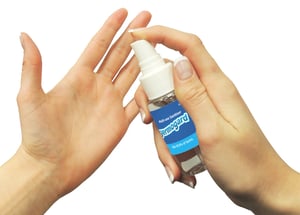
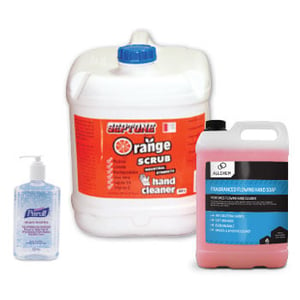
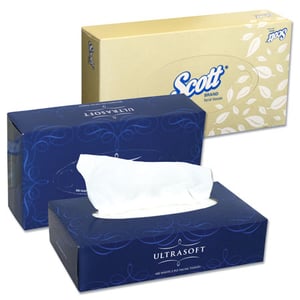


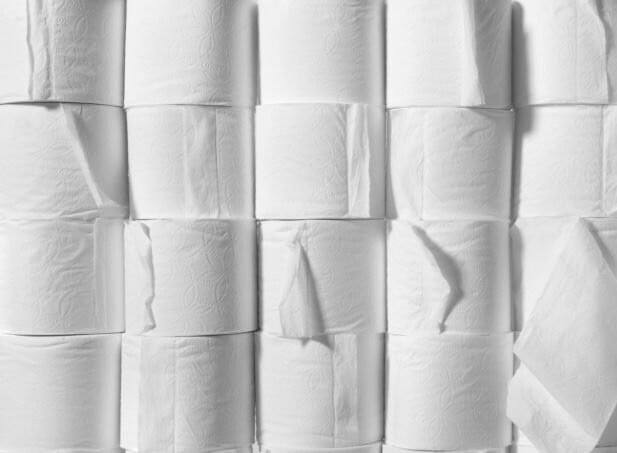
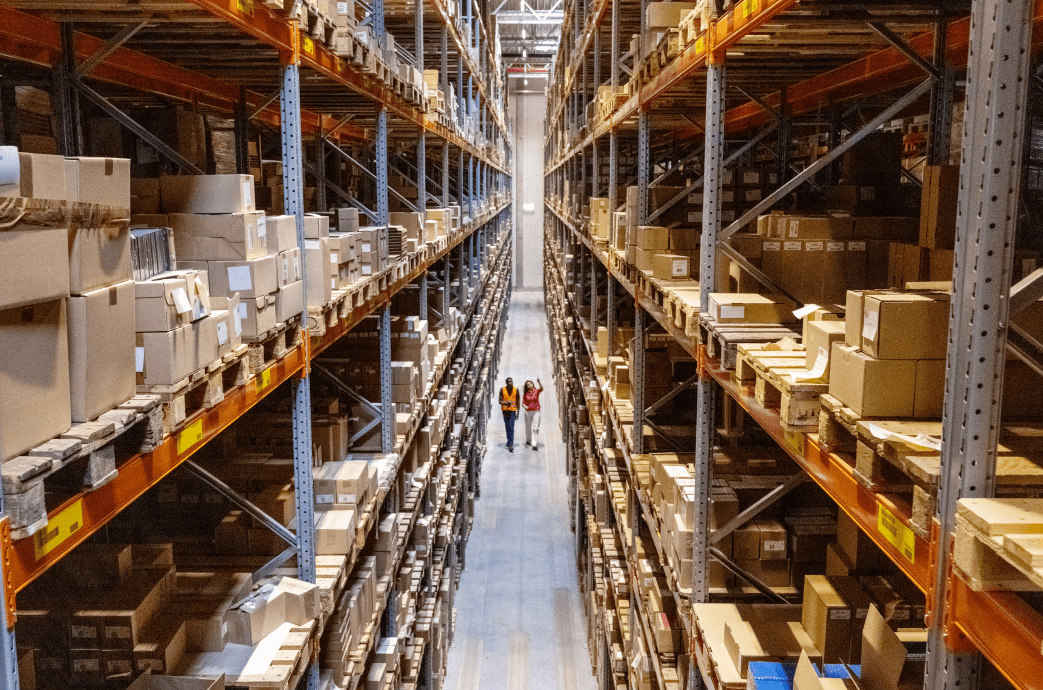
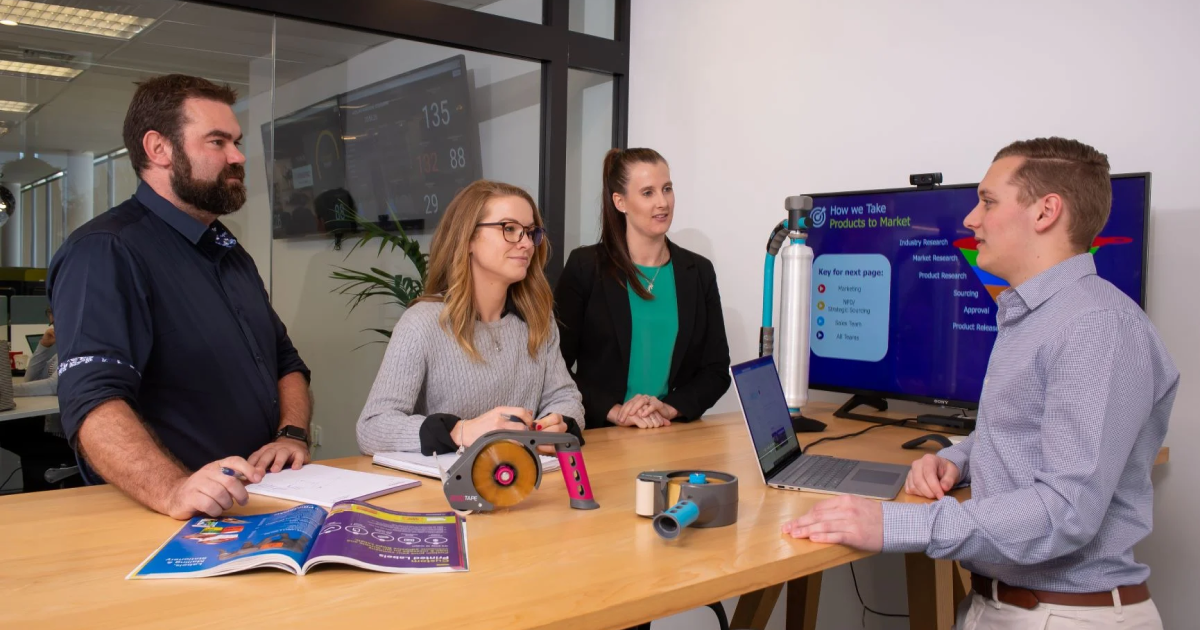
.png)

